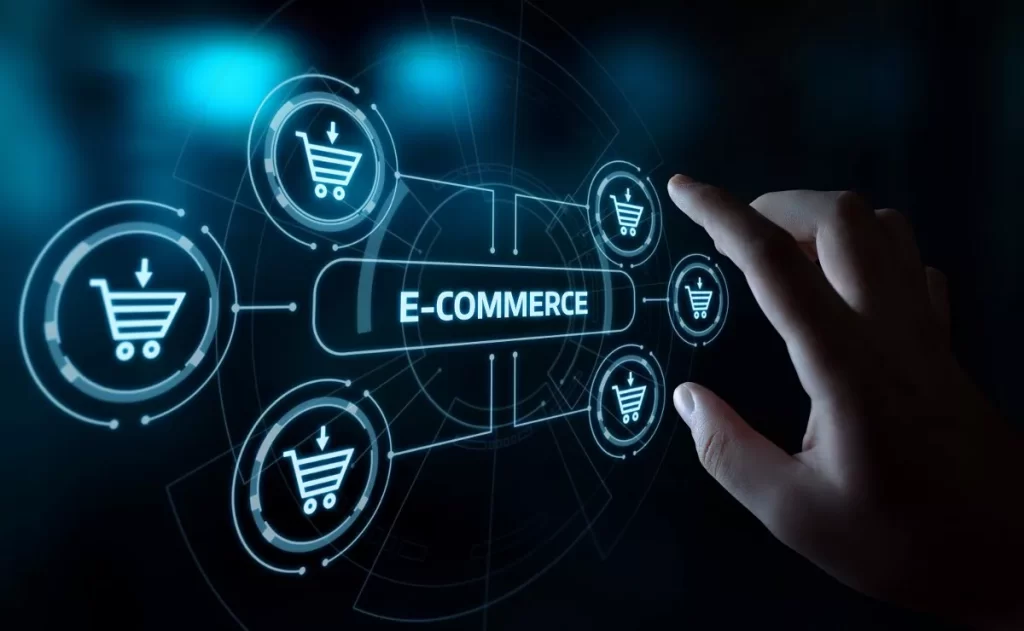
Share Post :

E-commerce Evolution: Trends Shaping the Future of Online Retail
In an ever-changing digital landscape, the world of e-commerce continues to evolve rapidly. From emerging technologies to shifting consumer behaviors, online retailers must stay ahead of the curve to thrive in this dynamic industry. In this blog post, we’ll explore the key trends driving the evolution of e-commerce and shaping the future of online retail.
1. Mobile Commerce (M-commerce) Dominance
- The rise of smartphones and mobile apps has transformed the way consumers shop online.
- Discuss the importance of mobile optimization and responsive design for e-commerce websites.
- Explore the growth of mobile payment methods and their impact on the shopping experience.
2. Personalization and AI-driven Recommendations
- AI and machine learning algorithms are revolutionizing product recommendations and personalized shopping experiences.
- Highlight the role of data analytics in understanding customer preferences and behavior.
- Discuss examples of successful personalization strategies implemented by leading e-commerce platforms.
3. Omnichannel Retail Integration
- The convergence of online and offline shopping experiences is becoming increasingly important for retailers.
- Explore the concept of omnichannel retailing and its benefits for both consumers and businesses.
- Discuss how retailers are leveraging technology to create seamless omnichannel experiences, such as click-and-collect and in-store pickup options.
4. Augmented Reality (AR) and Virtual Try-Ons
- AR technology is transforming the way consumers interact with products online, particularly in industries like fashion and home decor.
- Discuss the rise of virtual try-on tools and their impact on reducing returns and enhancing the shopping experience.
- Explore potential future applications of AR in e-commerce, such as virtual showrooms and interactive product demos.
5. Sustainable and Ethical Shopping
- Increasing consumer awareness of environmental and social issues is driving demand for sustainable and ethically sourced products.
- Discuss the importance of transparency and corporate social responsibility (CSR) initiatives for e-commerce brands.
- Highlight examples of sustainable e-commerce practices, such as eco-friendly packaging and fair trade partnerships.
6. Social Commerce and Influencer Marketing
- Social media platforms are becoming key channels for e-commerce sales, with the rise of shoppable posts and in-app checkout options.
- Discuss the role of influencer marketing in driving sales and brand awareness for e-commerce businesses.
- Explore emerging trends in social commerce, such as live streaming shopping events and community-driven sales platforms.
Conclusion
As the e-commerce landscape continues to evolve, online retailers must embrace innovation and adapt to changing consumer preferences. By staying informed about the latest trends and technologies shaping the industry, businesses can position themselves for success in the future of online retail.
Recent Post
April 23, 2025
Designing Tomorrow: Emerging Trends and Innovations in UX/UI
April 5, 2025



